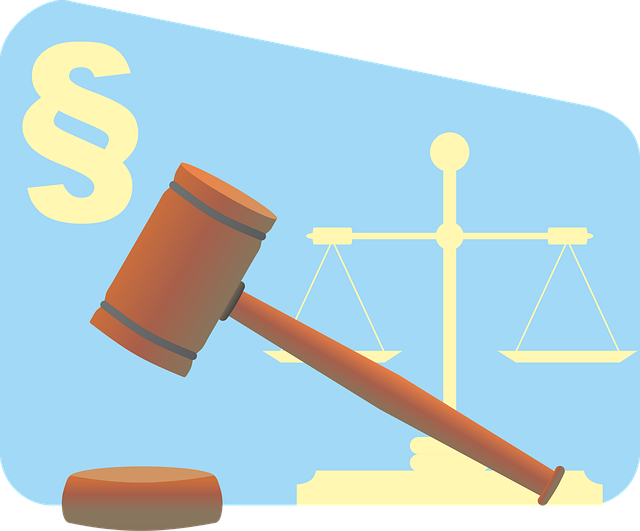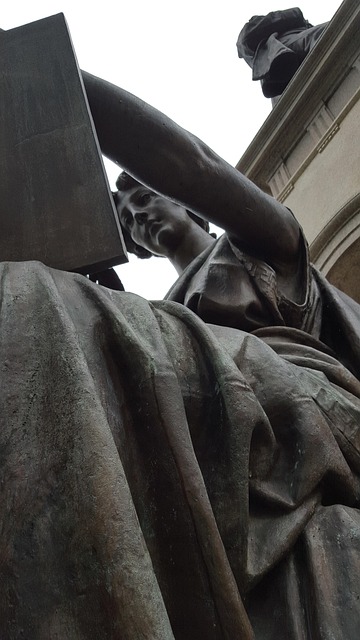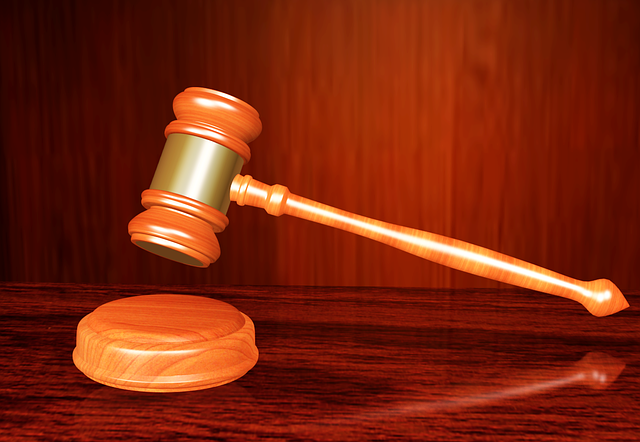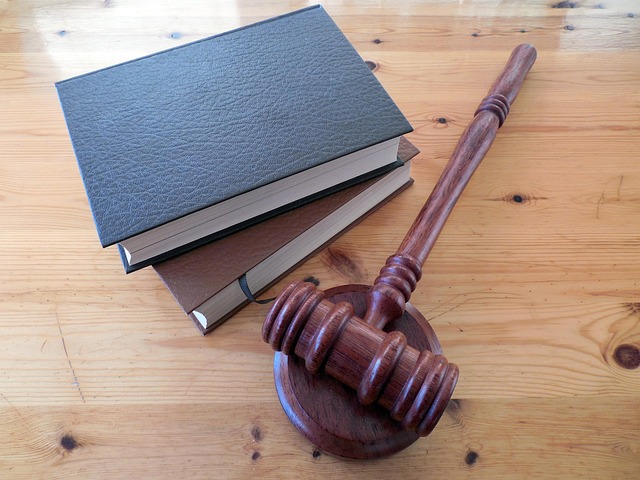Whistleblower Protection Laws safeguard individuals exposing illegal/unethical activities in organizations, particularly white-collar and economic crimes. Proving guilt beyond reasonable doubt is critical in these lawsuits, requiring comprehensive investigations, strong evidence, and legal counsel to secure convictions, promoting transparency and accountability despite challenges like lack of tangible proof and potential retaliation.
Whistleblower protection lawsuits are pivotal in upholding ethical conduct within organizations. This article delves into the intricate world of these legal battles, focusing on understanding whistleblower protection laws and the burden of proof. We explore how whistleblowers must prove guilt ‘beyond reasonable doubt’, examine strategic navigation in legal processes, and discuss the impact and challenges they face. By understanding these key aspects, we can appreciate the significance of whistleblower protections in fostering transparency and accountability.
- Understanding Whistleblower Protection Laws
- The Burden of Proof: Guilt Beyond Reasonable Doubt
- Navigating Legal Strategies for Whistleblowers
- Impact and Challenges in Whistleblower Cases
Understanding Whistleblower Protection Laws

Whistleblower Protection Laws are designed to safeguard individuals who expose illegal or unethical activities within their organizations. Understanding these laws is crucial for both corporate and individual clients facing allegations, especially in cases of white-collar and economic crimes. The primary goal is to ensure that whistleblowers can come forward with confidence, knowing they will be protected from retaliation.
One key aspect of these protections is the burden of proof. In many jurisdictions, the standard requires prosecutors to prove guilt beyond reasonable doubt. This unprecedented track record of protection fosters an environment where employees feel empowered to report fraudulent or harmful practices without fear of personal repercussions. It also underscores the importance of thorough investigations and robust legal defenses for those accused, be they corporate entities or individuals, to ensure justice is served.
The Burden of Proof: Guilt Beyond Reasonable Doubt
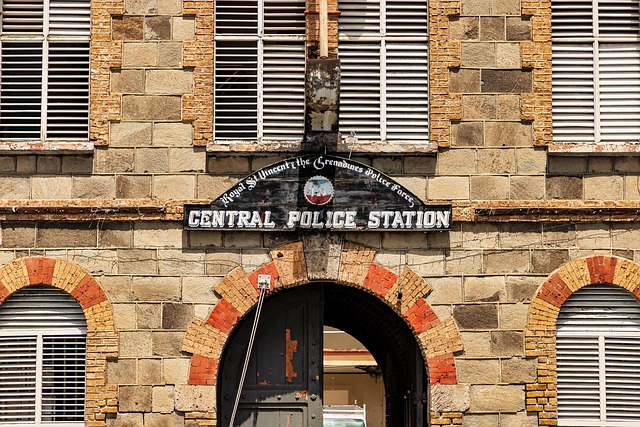
In whistleblower protection lawsuits, establishing guilt beyond reasonable doubt is paramount. The burden of proof lies with the plaintiff, who must present compelling evidence that convincingly demonstrates the defendant’s liability. This standard requires a thorough and meticulous investigation to uncover facts and circumstances that leave no room for doubt. For his clients, this means gathering tangible evidence, witness testimonies, and legal precedents that unequivocally support their case.
Corporate and individual clients alike must understand the gravity of proving guilt beyond reasonable doubt in whistleblower cases. A general criminal defense strategy may not suffice; instead, a focused approach is necessary to navigate the intricate legal landscape. By employing experienced legal counsel, corporate entities and individuals can ensure their rights are protected while presenting a robust case that meets the stringent requirements for establishing guilt without any reasonable doubt.
Navigating Legal Strategies for Whistleblowers

Navigating Legal Strategies for Whistleblowers
When it comes to whistleblower protection lawsuits, understanding legal strategies is paramount. Whistleblowers must prove their case beyond a reasonable doubt, emphasizing the severity and validity of their allegations. This involves meticulous documentation, including evidence of unethical practices within the respective business, as well as detailed accounts of how these activities impact public interest or safety. Legal experts play a crucial role in guiding whistleblowers through this process, ensuring their rights are protected and their voices heard.
The path to justice often includes jury trials, where the burden of proof rests heavily on the plaintiff. Whistleblowers must present compelling evidence to secure a conviction, addressing both the illegal activities themselves and their far-reaching consequences. By employing strategic legal tactics, whistleblowers can not only seek redress for their own experiences but also contribute to the broader fight against white-collar and economic crimes, fostering transparency and accountability in organizations across industries.
Impact and Challenges in Whistleblower Cases

Whistleblower protection lawsuits are instrumental in upholding integrity within organizations, but they face unique challenges. One of the primary hurdles is proving guilt beyond reasonable doubt, especially in cases involving white-collar and economic crimes. These types of offenses often lack tangible evidence, relying heavily on circumstantial and indirect proofs, making it difficult for whistleblowers to secure a complete dismissal of all charges.
Furthermore, navigating the investigative and enforcement process at every stage can be complex and time-consuming. From initial reporting to legal proceedings, whistleblowers must navigate bureaucratic hurdles, potential retaliation from employers or associates, and the uncertainty of legal outcomes. Despite these challenges, successful whistleblower cases have sent powerful messages about accountability, revolutionizing corporate practices, and fostering a culture of transparency in various sectors.
Whistleblower protection lawsuits play a pivotal role in upholding justice and transparency within organizations. By understanding the nuances of whistleblower protection laws, such as the burden of proving guilt beyond reasonable doubt, individuals can navigate legal strategies effectively. While these cases present unique challenges, they also carry significant impact, fostering cultural shifts towards accountability and ethical conduct. Armed with knowledge and robust legal frameworks, whistleblowers can expose wrongdoings, ensuring a fair and just society.
